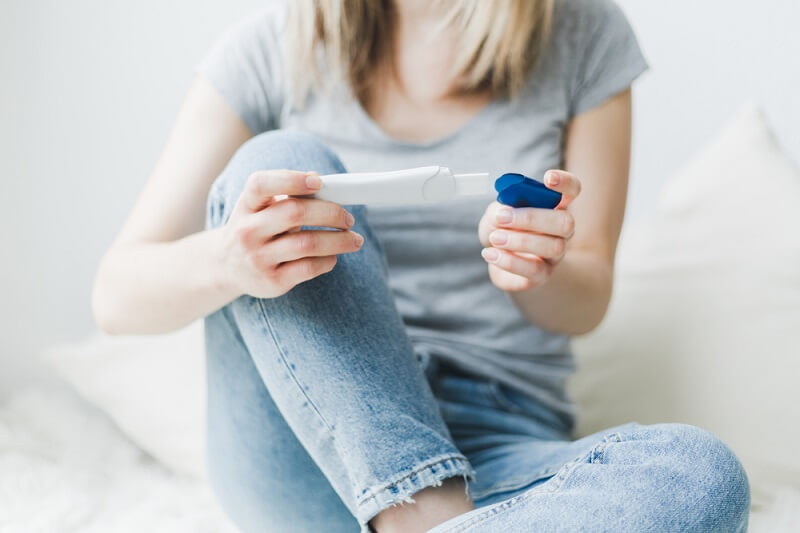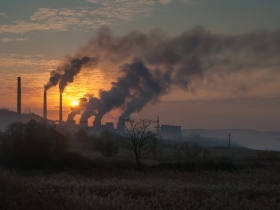Can environmental pollution impact fertility?
Many people are concerned about rates of infertility and what could be causing this. Many people are choosing to have children later in life and this can lead to some struggles with fertility due to lower-quality eggs. As concerns about our environment and pollution have grown in recent history there has also been some discussion about how pollutants can impact fertility. This has led to a lot of concern for people and rightfully so.
How can environmental pollution impact fertility?
When people are exposed to many environmental toxins their health will diminish. Pollution is a problem in almost all areas of the world. Over time with continued exposure to pollution and toxins, your health will be affected. Women have a limited number of potentially fertilizable oocytes, usually about 400. Researchers disagree about whether female fertility is fixed or not. Researchers do agree that the production of female oocytes in the body is a complex process. If there is an introduction of some sort of chemical or pollutant it is possible that this process won’t work. This would cause fertility issues or infertility.
Female fertility is a complex balance within the body. It is difficult for researchers to describe how the vast amount of pollutants women may be exposed to will impact fertility. There is more research on specific chemicals rather than general pollution. Regardless, pollution is never good for the body and it is best to be mindful of the pollutants and chemicals you come in contact with. [1]

What kind of pollutants can impact fertility?
There are a few specific pollutants to be concerned about. The United States’ Occupational Safety and Health Administration states that long-lasting exposure to certain chemicals and pollutants is related to reduced fertility. Some of these chemicals are organic solvents, heavy metals, pesticides, aromatic amines, and vegetal toxins. All of these chemicals have been related to causing reduced fertility or miscarriages. [2]
It can be difficult to decide what exactly causes infertility or miscarriages in certain situations. If a patient has had long-lasting exposure to harmful chemicals or pollutants this could be part of the problem. Pollutants are bad for your health in so many ways that the potential impact on fertility should not be ignored. If you are concerned about your exposure to a chemical or pollutant you should contact your doctor.
What can you do to stop your exposure to pollutants and chemicals?
There isn’t much you can do to control the environment and pollution, but it is important to be educated about the kinds of pollutants and chemicals that can be quite dangerous. This isn’t something you should obsess over as most pollution is out of our control. To be protected from pollutants we need governmental leadership, environmental education, and action from the people. Education is very important as this can allow people to understand more about these pollutants and how to avoid them. Researchers are still at the start of discovering the impact of environmental contaminants on reproductive health. As more research is done on this topic there will be more guidance on how to limit your exposure to pollutants. [3]
Sources:
[1] Canipari R, De Santis L, Cecconi S. Female Fertility and Environmental Pollution. Int J Environ Res Public Health. 2020 Nov 26;17(23):8802. doi: 10.3390/ijerph17238802. PMID: 33256215; PMCID: PMC7730072.
[2] Silvestris E, Lovero D, Palmirotta R. Nutrition and Female Fertility: An Interdependent Correlation. Front Endocrinol (Lausanne). 2019 Jun 7;10:346. doi: 10.3389/fendo.2019.00346. PMID: 31231310; PMCID: PMC6568019.
[3] Rashtian J, Chavkin DE, Merhi Z. Water and soil pollution as determinant of water and food quality/contamination and its impact on female fertility. Reprod Biol Endocrinol. 2019 Jan 13;17(1):5. doi: 10.1186/s12958-018-0448-5. PMID: 30636624; PMCID: PMC6330570.






